Qingming Festival, one of China's traditional holidays, is a time for honoring ancestors and commemorating martyrs. How much do you know about its traditional customs?
Ancestral Worship and Tomb Sweeping
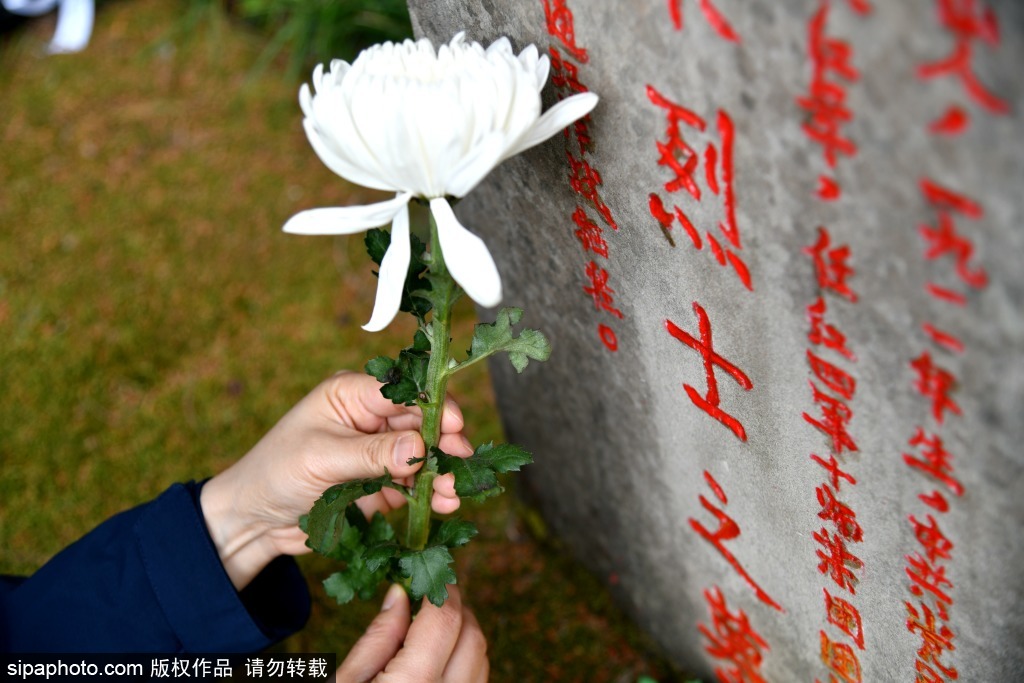
Qingming is the grand spring memorial festival, contrasted with the autumn worship of the Chongyang Festival. Tomb sweeping, known as mu ji, reflects reverence for ancestors and has a long history. Falling during a season of vibrant vitality and waning yin energy, people express gratitude to ancestors while symbolizing family prosperity through rituals like soil renewal, tomb maintenance, and hanging tributes.
Kite Flying
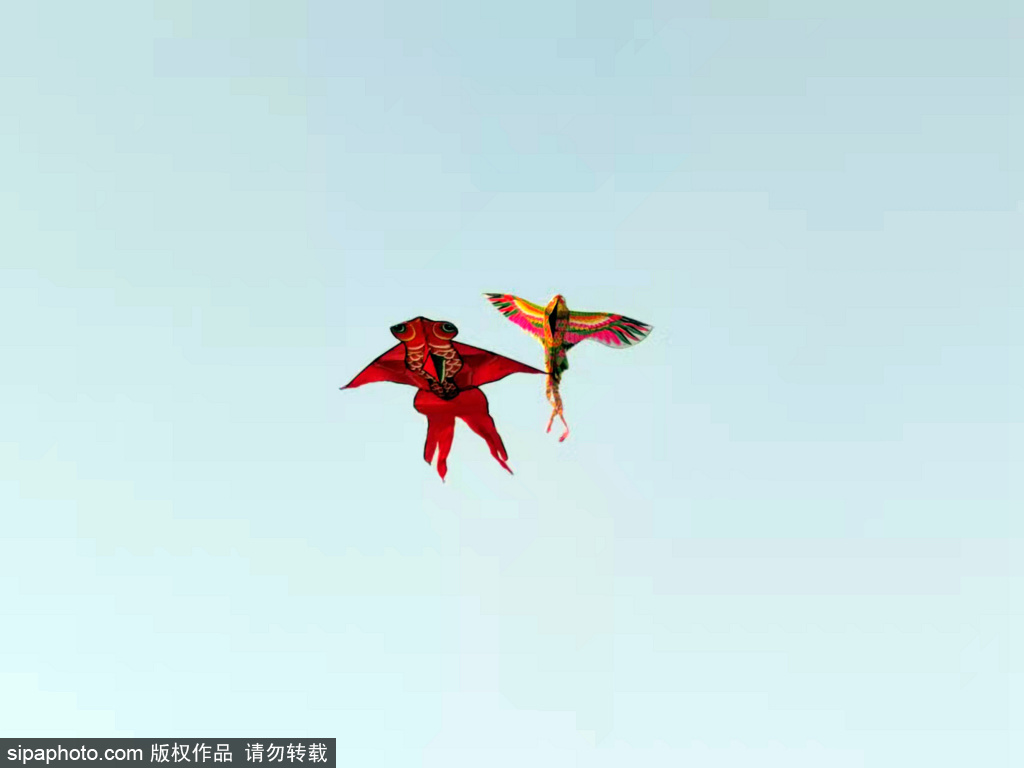
Kite flying is a widely practiced Qingming custom. As recorded in Pan Rongbi's Qing dynasty text Festivals and Ceremonies of the Imperial Capital: "During tomb sweeping, crowds flood the suburbs carrying food and wine. After rituals, they compete in kite flying at gravesites." Ancient people believed Qingming's winds were ideal for kites. The Customs of Suzhou notes: "Spring winds rise from below, lifting kites skyward—hence the proverb, 'Fly broken kites at Qingming.'"
In antiquity, kite flying was not just recreation but a ritual to dispel misfortune. Many wrote illnesses or woes on kites, then cut the strings once airborne, hoping the wind would carry away bad luck and bring blessings.
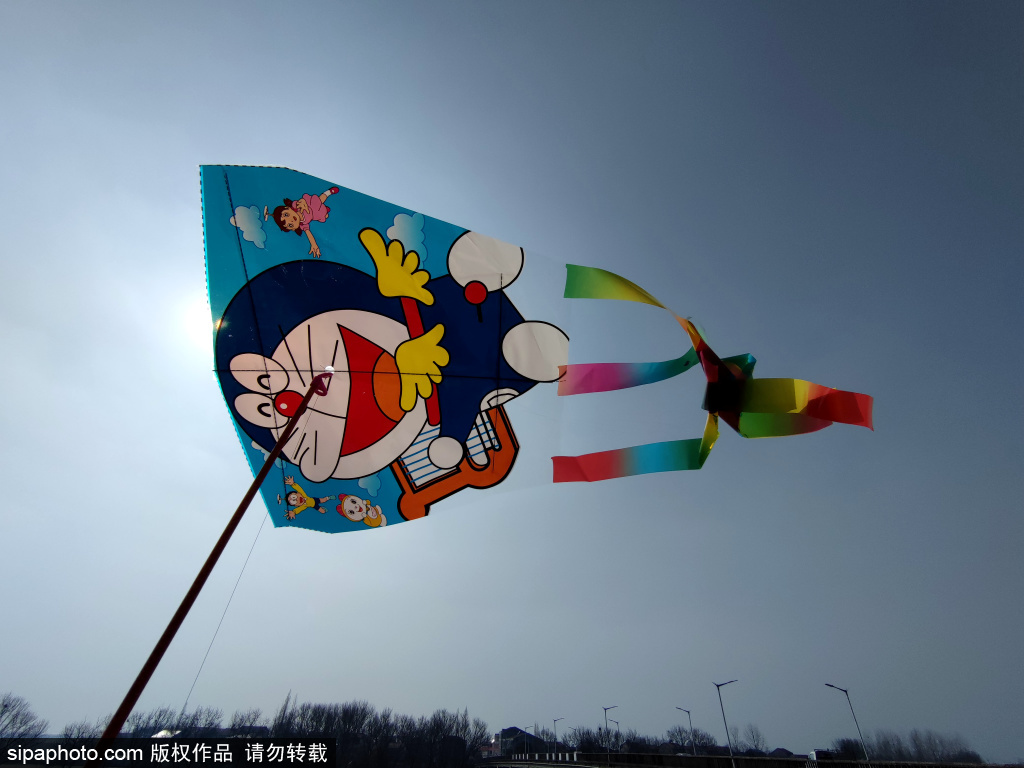
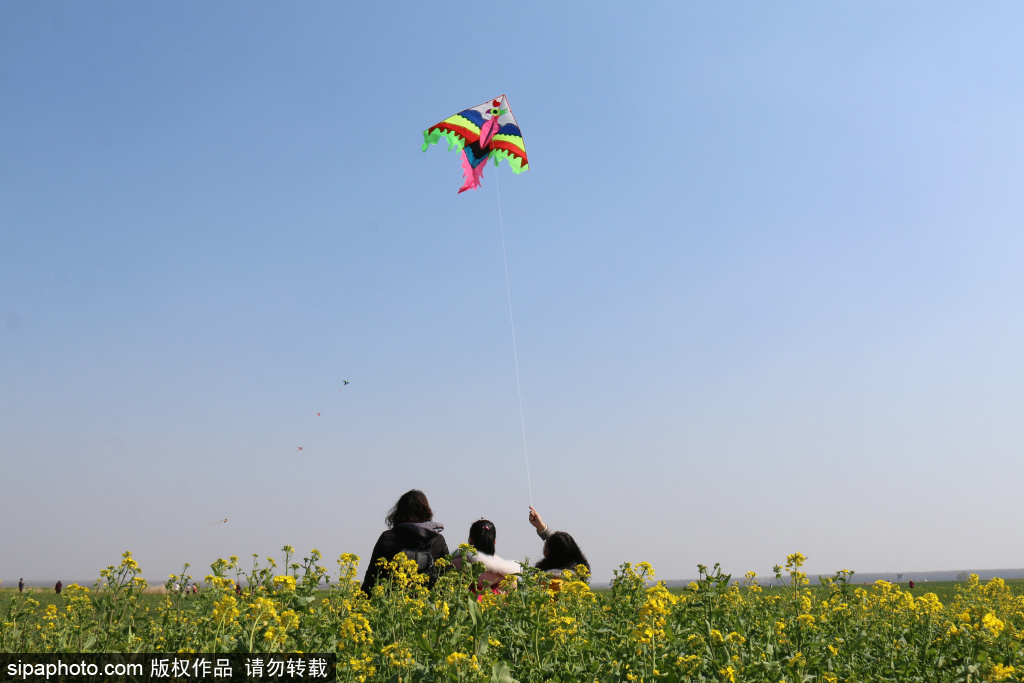
Cuju (Ancient Football)
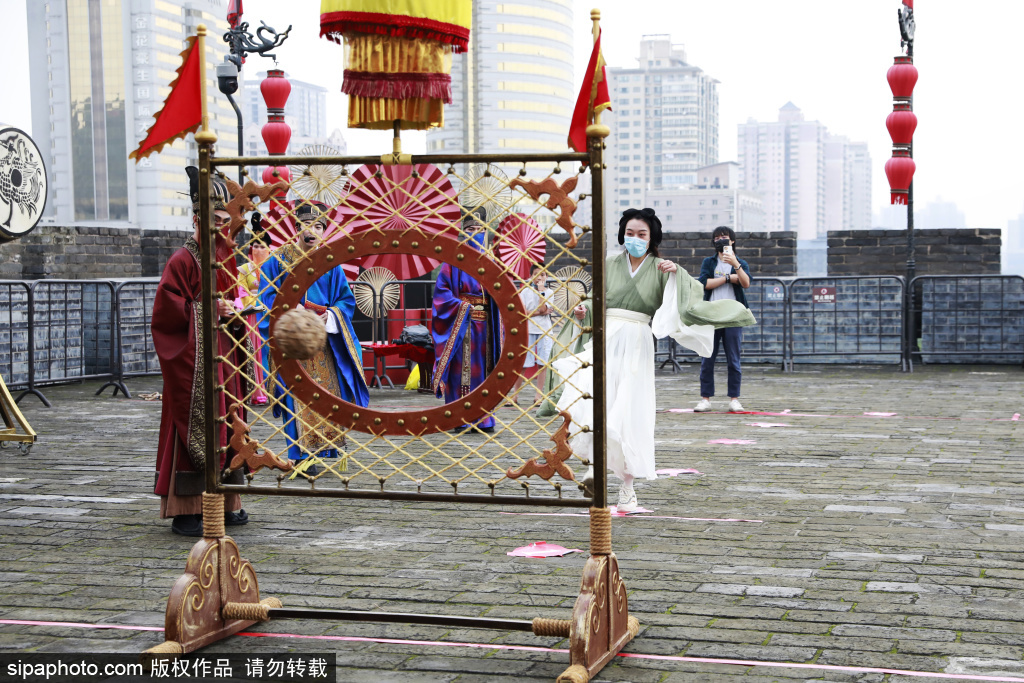
Cuju, the predecessor of modern soccer, used leather balls stuffed with hair. Legend traces its origins to the Shang Dynasty, spreading to civilians during the Warring States period and later adopted by armies for training.
Cuju flourished in the Tang and Song dynasties, with records describing "balls never touching the ground" and crowds marveling at matches. The painting Emperor Taizu of Song Playing Cuju captures this era. Du Fu's poem Qingming mentions, "For ten years I played cuju far from home, while autumn swings swayed under shared traditions," highlighting its popularity. Under Confucian moderation, cuju evolved from competitive sport to performance-based skill. By the Qing Dynasty, historical records of cuju grew scarce.
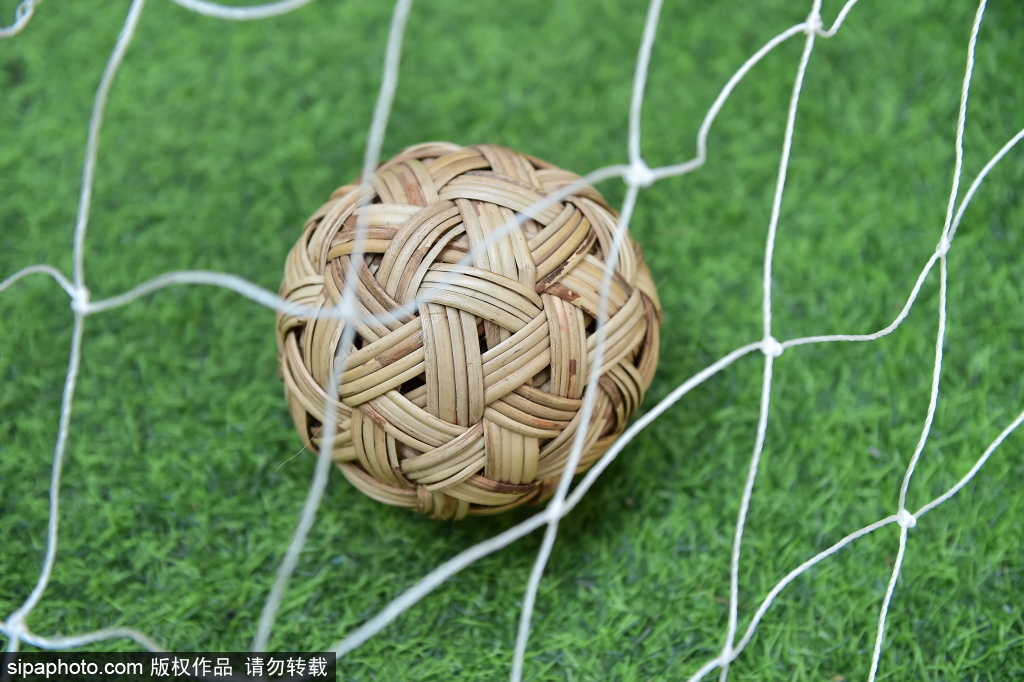

Spring Outings
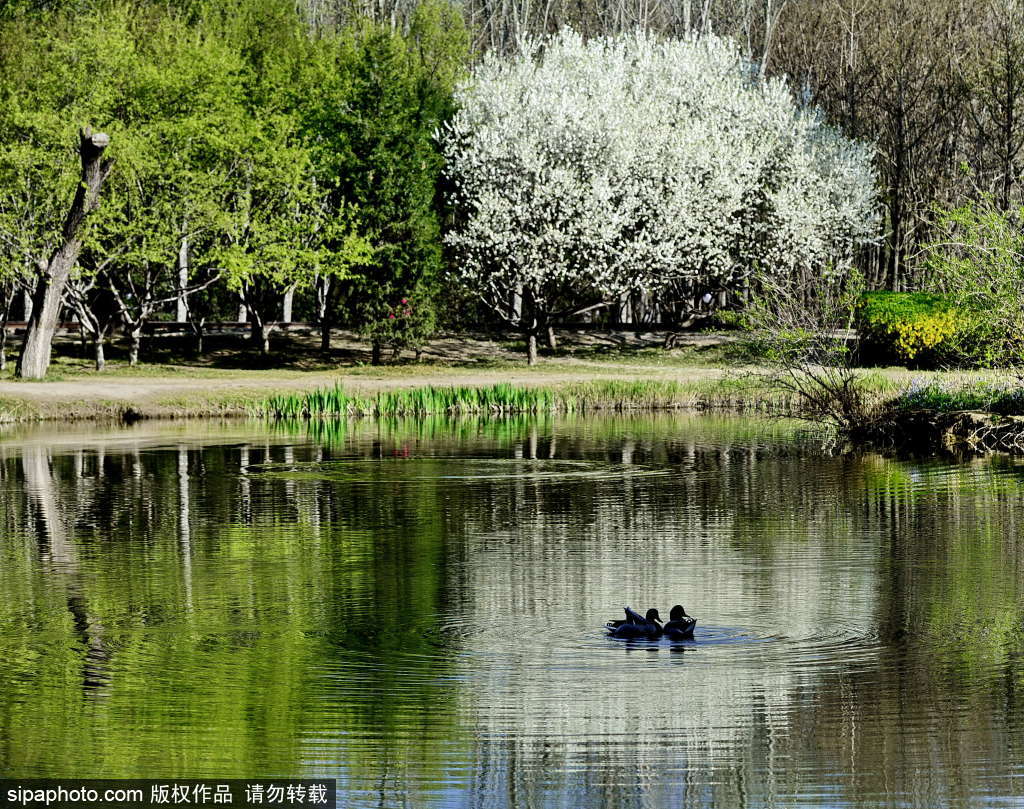
Qingming outings, called taqing, involve appreciating spring landscapes. Known as "spring exploration" in ancient times, this tradition—walking through green fields and enjoying seasonal beauty—has roots in prehistoric agrarian spring rituals.
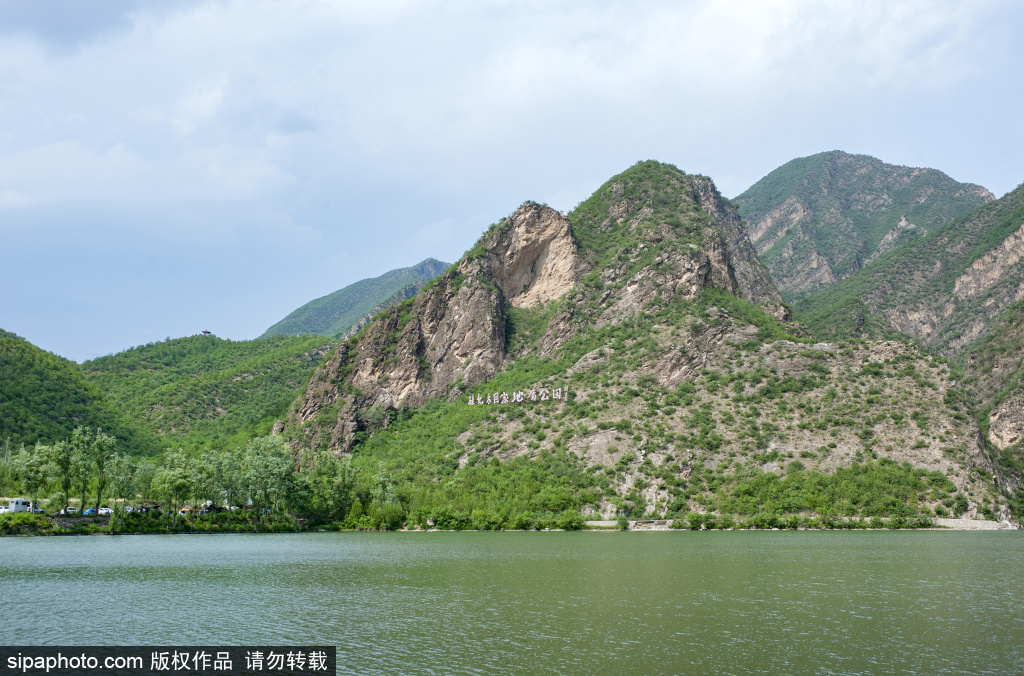
Willow Branch Customs
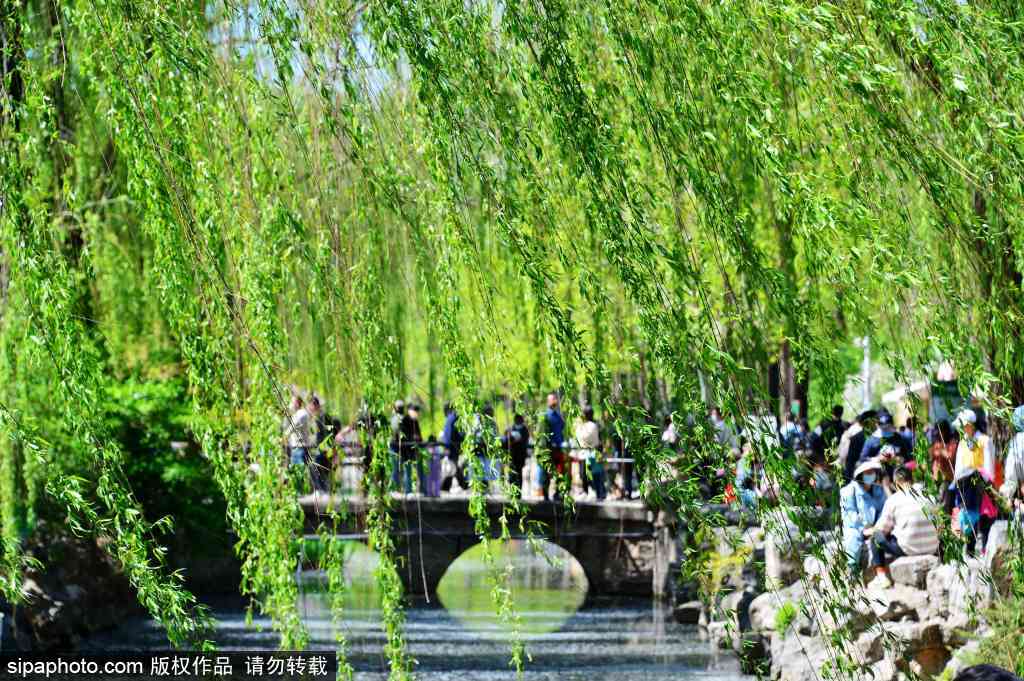
Qingming coincides with willow budding, inspiring traditions of breaking willow branches, wearing willow wreaths, and hanging willow branches on doors or eaves.
Willow customs also relate to disease prevention. Tang Dynasty people believed wearing willow during river rituals warded off venomous insects. Post-Song Dynasty, families displayed willow branches post-outing to repel pests, as spring's warmth bred pathogens. Additionally, willows served as weather predictors: "Green willow strands mean drizzles; Dry strands promise sunshine."
Swinging
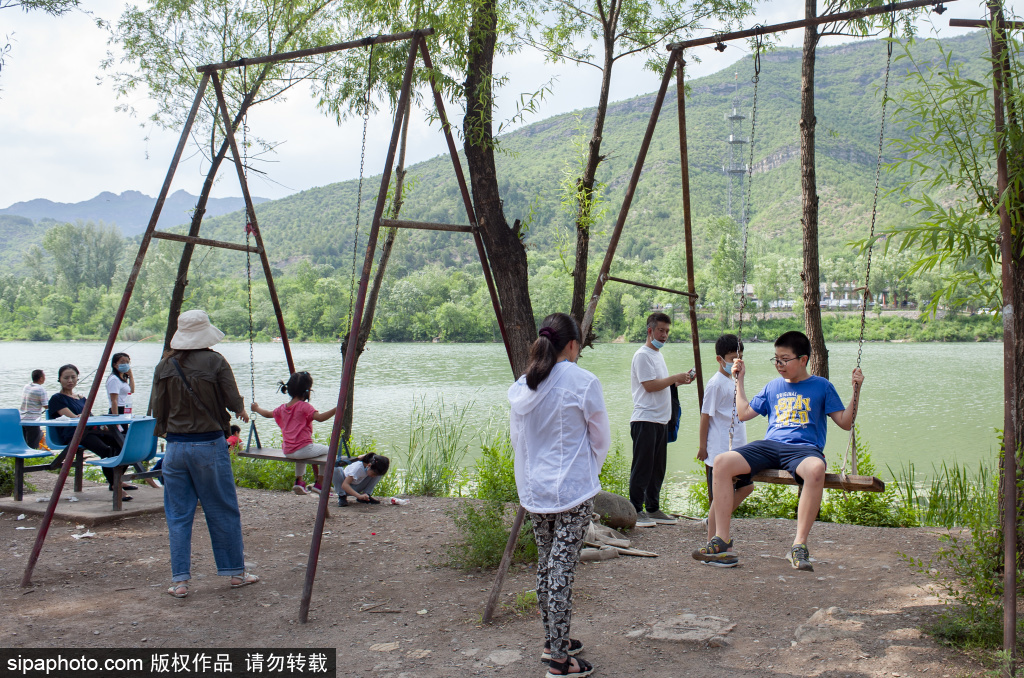
Swings, originally called "thousand autumns", were renamed to avoid taboo. Early swings used tree branches and ribbons, later evolving into rope-and-board designs. Swinging not only promotes physical health but also cultivates courage, remaining beloved—especially by children.
Tree Planting
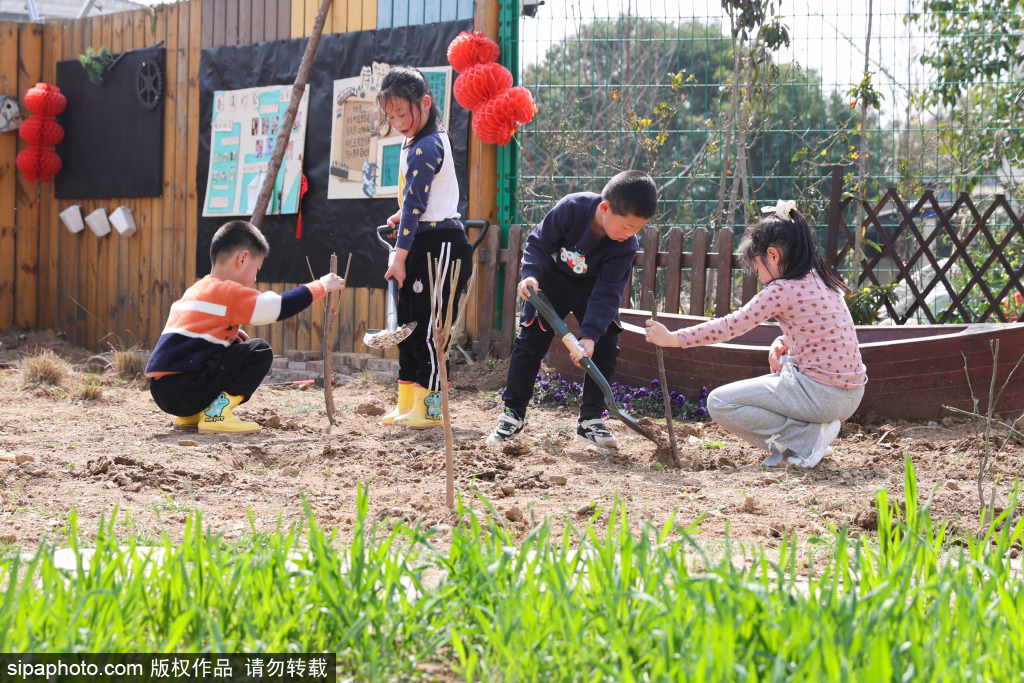
With warm sunlight and spring rains around Qingming, saplings thrive. Thus, tree planting became an enduring tradition, earning Qingming the nickname "Arbor Day." This custom persists today.



